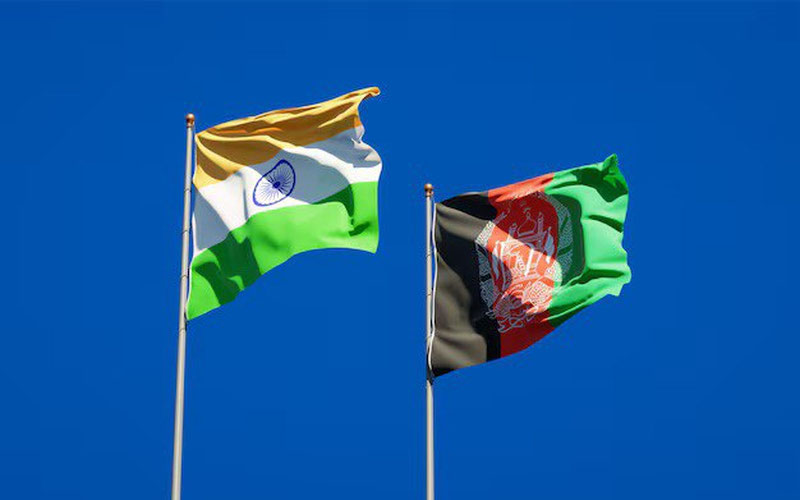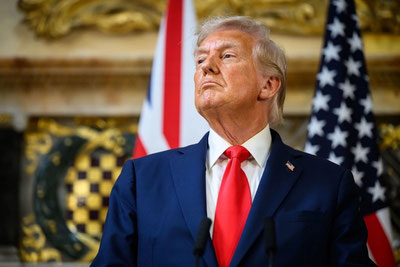India’s evolving engagement with Central Asia is inseparable from its approach to Afghanistan, which has become both a prism and a pivot for regional security dynamics in 2025. Against the backdrop of the Taliban’s continued rule in Kabul and the broader strategic shifts in Eurasia, New Delhi’s policy reflects a nuanced blend of realpolitik, developmental diplomacy, and a recalibrated security imperative. The recent upgradation of India’s mission in Kabul to a full-fledged embassy, ongoing security dialogues, and enhanced regional cooperation constitute a proactive and multidimensional approach toward anchoring stability in Afghanistan and, by extension, Central Asia.
The contemporary significance of Afghanistan for India is not merely historical or sentimental; it is strategic. Afghanistan’s position as a gateway to Central Asia grants it indispensable leverage over regional trade routes, energy corridors, and the overall equilibrium in the Eurasian heartland. India’s longstanding interests spanning connectivity, counterterrorism, and economic integration remain at the center of its outreach, but the modalities of engagement have evolved in response to a complex security landscape marked by the resurgence of the Taliban, increased regional competition, and persistent humanitarian challenges.
In recent months, India has resumed and deepened direct diplomatic engagement with Afghanistan’s Taliban-led government, culminating in the restoration of embassy status in Kabul. This decision, formalized after Afghan Foreign Minister Amir Khan Muttaqi’s landmark visit to New Delhi, signals a pragmatic shift from rigid non-recognition to conditional engagement with Afghanistan’s de facto authorities. India has emphasized mutual respect for sovereignty and reaffirmed its core concerns: security, connectivity, and the non-use of Afghan soil for hostile activities against India. The Taliban’s explicit commitment not to allow its territory to be used against Indian interests has provided a modicum of reassurance for further bilateral cooperation.
This engagement does not denote wholesale recognition but rather an “engagement without recognition” framework India maintains principled reservations regarding the legitimacy and inclusivity of the Taliban regime, but focuses on practical cooperation to advance humanitarian, developmental, and strategic objectives. The recent lifting of international travel restrictions on Afghan officials and incremental diplomatic accommodation underscore a broader trend of normalized interaction among regional powers.
Security cooperation particularly in counterterrorism forms the nucleus of India’s dialogue with Central Asian states. The October 2025 NSA-level meeting in Bishkek brought together senior security officials from India and the five Central Asian republics to address emerging threats, including terrorism, radicalization, and narcotics trafficking, all of which have been exacerbated by Afghanistan’s instability. India advocates for coordinated intelligence sharing, capacity building, and regional counter-extremism initiatives, recognizing that the geographical proximity and porous borders of Central Asia render these states highly vulnerable to spillover violence from Afghanistan.
Policy-makers in New Delhi view the persistence of terrorist networks such as ISKP, Al-Qaeda affiliates, and other transnational actors in Afghanistan as an acute threat not only to Indian interests but also to the fragile security architectures of Central Asia. Through multilateral platforms like the India–Central Asia Dialogue, India has sought to push for a collective approach to disarm and disrupt terrorist networks, enhance border security, and counter drug trafficking all under the acknowledgment that Afghan stability is a regional, not a solely national, concern.
India’s infrastructural and development investments in Afghanistan continue to anchor its vision for greater Eurasian connectivity. The Chabahar–Zaranj–Delaram corridor, developed in cooperation with Iran, illustrates India’s commitment to bypassing Pakistan and creating alternative trade routes into Central Asia. The newly operational India–Afghanistan Air Freight Corridor and a string of health, educational, and humanitarian projects including hospitals and clinics funded by New Delhi reflect soft-power engagement that directly serves Afghans and contributes to stability.
India’s engagement with Central Asia, especially in the context of Afghanistan’s stability, is emblematic of a mature and adaptive foreign policy. By restoring its embassy, deepening security dialogue, committing to humanitarian support, and actively shaping regional connectivity, India underscores its role as both a responsible stakeholder and a proactive participant in Eurasian affairs. The focus on pragmatic cooperation, inclusivity, and developmental diplomacy suggests that New Delhi will continue to anchor efforts for peace and stability in Afghanistan, even as the regional environment remains fluid and contested.
India’s stakes in Afghanistan’s future and Central Asia’s stability are high, and its contemporary engagement reflects flexible strategies designed to shape outcomes in a volatile neighborhood. As diplomatic, security, and developmental frameworks mature, the coming years will witness New Delhi’s steady pursuit of a secure, interconnected, and prosperous Eurasian region, one where Afghanistan’s stability is both a medium and a mandate for broader regional transformation.






